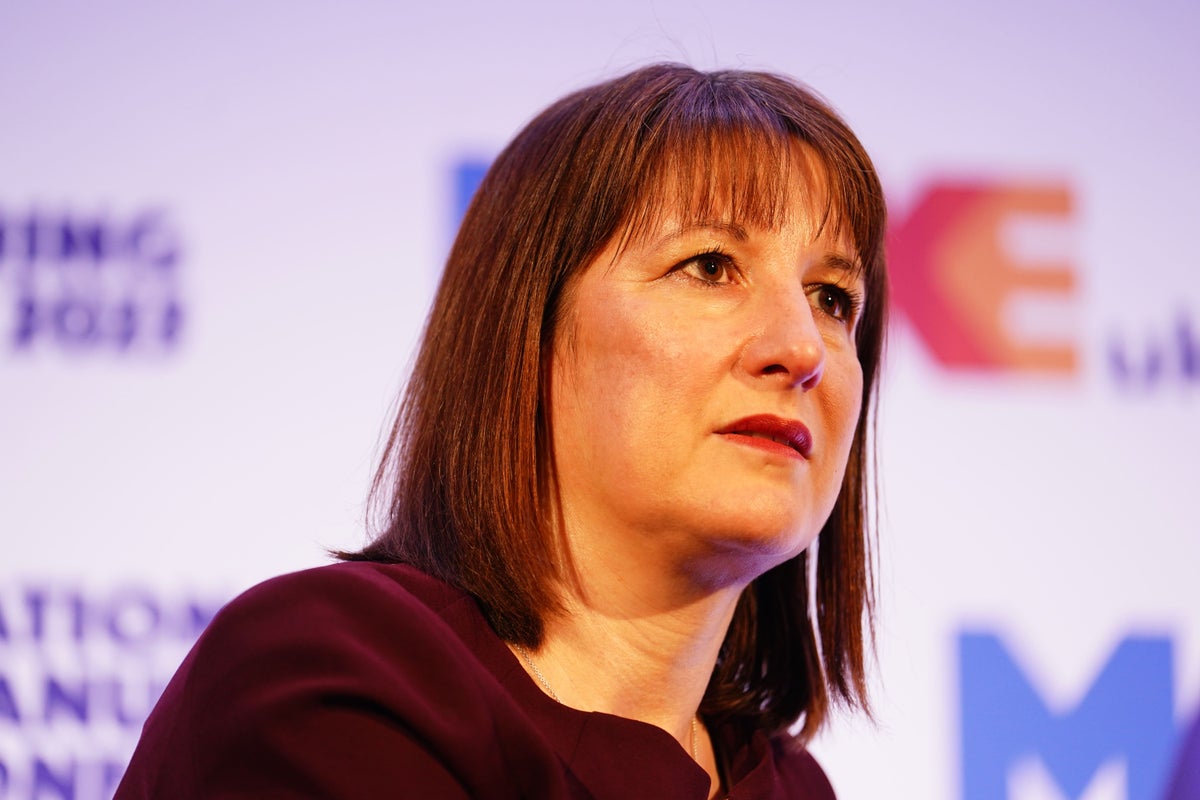
UK Government borrowing hit the second-highest level in a decade last year, according to official figures, increasing pressure on public finances as US President Donald Trump’s tariffs pose a threat to economic growth.
Economists said the Government ended the year on a “poor footing” while hurtling towards further challenges.
The latest figures from the Office for National Statistics (ONS) show public sector net borrowing rose to £151.9 billion in the year to the end of March.
This was £14.6 billion higher than the £137.3 billion forecast by the the Government’s official forecasters, the Office for Budget Responsibility (OBR).
The yearly figure was also £20.7 billion more than the same period a year earlier.
Borrowing makes up the difference between what the Government spends on the public sector and what it receives in income from tax and other receipts.
The ONS said it was the third-highest level of borrowing in any financial year since records began in 1947 – behind only the 2021 financial year, during the peak of the Covid pandemic, and the 2010 financial year, following the global crisis.
A boost in income for the Treasury was offset by a larger increase in expenditure, largely due to higher wages and benefit increases, the ONS said.
The latest figures reflect the period shortly before Mr Trump unveiled a range of tariffs on US imports which heightened global trade tensions and are expected to limit economic growth around the world.
On Tuesday, the International Monetary Fund (IMF) lowered its growth outlook for the UK by 0.5 percentage points this year, and cut the US’s growth projections by 0.9 percentage points.
The UK’s downgrade partly reflected tariffs, but also weaker consumption amid higher inflation which has been driven by bills and energy price hikes.
Matt Swannell, chief economic adviser to the EY Item Club, said: “Having ended the year on a poor footing, recent US tariffs are only going to make the UK fiscal arithmetic more challenging.”
He said that Chancellor Rachel Reeves’ recent spring statement “only left a slim margin for error against the fiscal rules”, which limit the Government’s ability to borrow to fund day-to-day spending.
“Most of this will likely be used up as the combination of reduced access to a major export market, a weaker global economy, and lingering uncertainty is set to hold back growth,” Mr Swannell said.
Elliott Jordan-Doak, senior economist for Pantheon Macroeconomics, agreed that “fracturing global trade and geopolitical uncertainties are going to make the Chancellor’s life even more difficult”.
Mr Trump’s sweeping tariffs on US imports are expected to impact UK economic growth, “which will further weigh on the public finances”, he warned.
“The public finances were already in a difficult position heading into the trade war, and we think both taxes and borrowing will need to be raised in the October budget,” he added.
Chief Secretary to the Treasury Darren Jones stressed that the Government “will never play fast and loose with the public finances”.
“We are laser-focused on making sure taxpayer money is delivering our plan for change missions to put more money in people’s pockets, rebuild the NHS and strengthen our borders,” he said.
Shadow chancellor and Conservative MP Mel Stride said the latest ONS figures “lay bare the price the British people are paying for Rachel Reeves’ choices”.
“These eye-watering sums are being paid for by hardworking people through higher taxes, higher prices and higher mortgage rates” he said.
The OBR forecasts UK Government borrowing will fall to £117.7 billion for the year to March 2026, according to projections published last month.
Philip Shaw, an economist for Investec Economics, said measures including hiking employer national insurance contributions are likely to “boost tax inflows” in the year ahead.
“It remains to be seen whether this forecast will be achieved, especially given the size of the overshoot in 2024-25 and that uncertainty over tariffs poses a major downside risk to the global economy this year,” he said.
#Government #borrowing #exceeds #forecast #tariffs #weigh #public #purse










